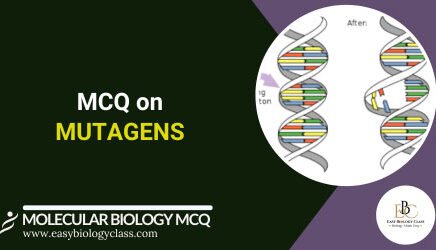
MCQ on Mutagens with Answers (PDF)
Mutagens are agents that cause changes in the DNA sequence, leading to mutations. They can be physical, such as radiation, or chemical, such as certain […]

Mutagens are agents that cause changes in the DNA sequence, leading to mutations. They can be physical, such as radiation, or chemical, such as certain […]
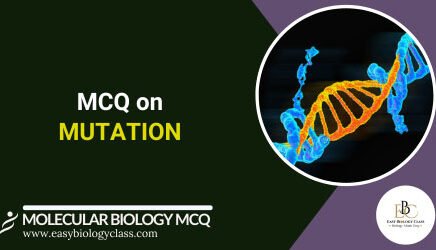
Mutation is a change in the nucleotide sequence of an organism’s DNA, which can result in alterations in gene function or regulation. Mutations can occur […]
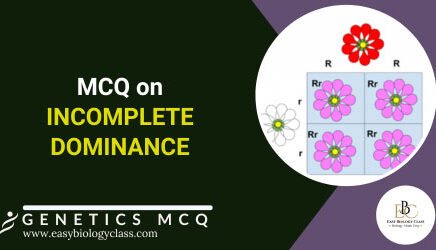
Incomplete dominance is a form of inheritance where the heterozygote exhibits an intermediate phenotype between the two homozygous forms. Unlike complete dominance, neither allele is […]
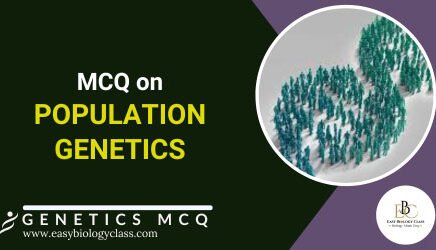
Population genetics is the study of the genetic composition of populations and how it changes over time due to evolutionary processes such as mutation, natural […]
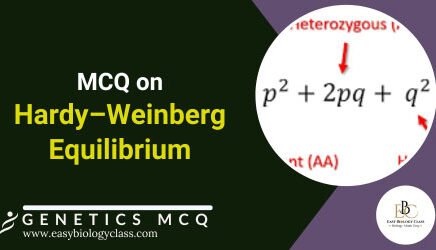
Hardy-Weinberg equilibrium is a principle that describes the genetic composition of a population when allele and genotype frequencies remain constant from generation to generation, provided […]
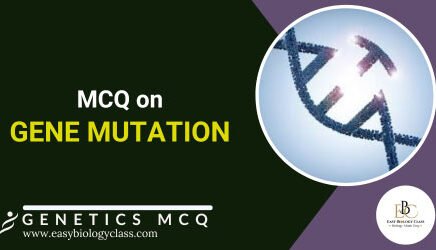
Gene Mutation refers to a permanent alteration in the DNA sequence that makes up a gene. Mutations can occur due to various factors, including environmental […]
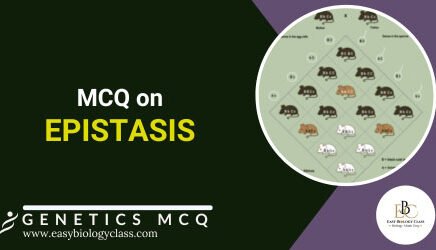
Epistasis is the phenomenon where the expression of one gene is affected by one or more other genes. This interaction can modify or completely mask […]

Translation is the process of synthesizing proteins from mRNA in cells. It occurs in the cytoplasm, where ribosomes decode mRNA sequences. This process involves three […]
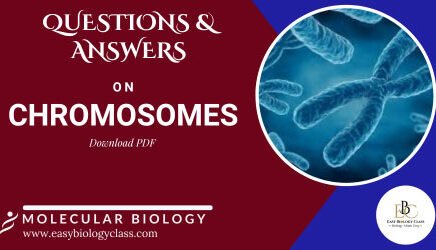
Chromosomes are structures composed of DNA and proteins that carry genetic information. They are found in the nucleus of eukaryotic cells and in the cytoplasm […]